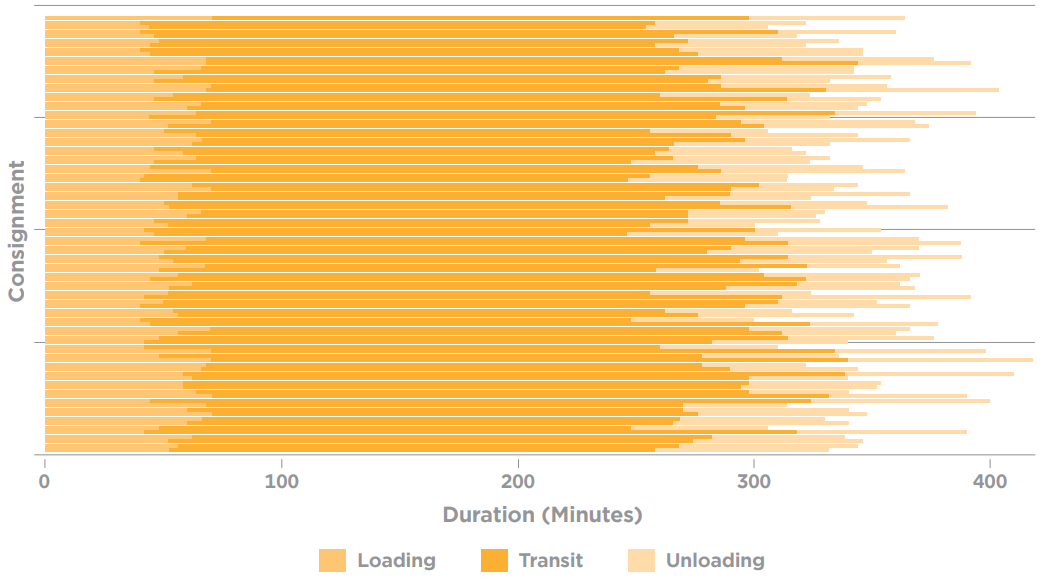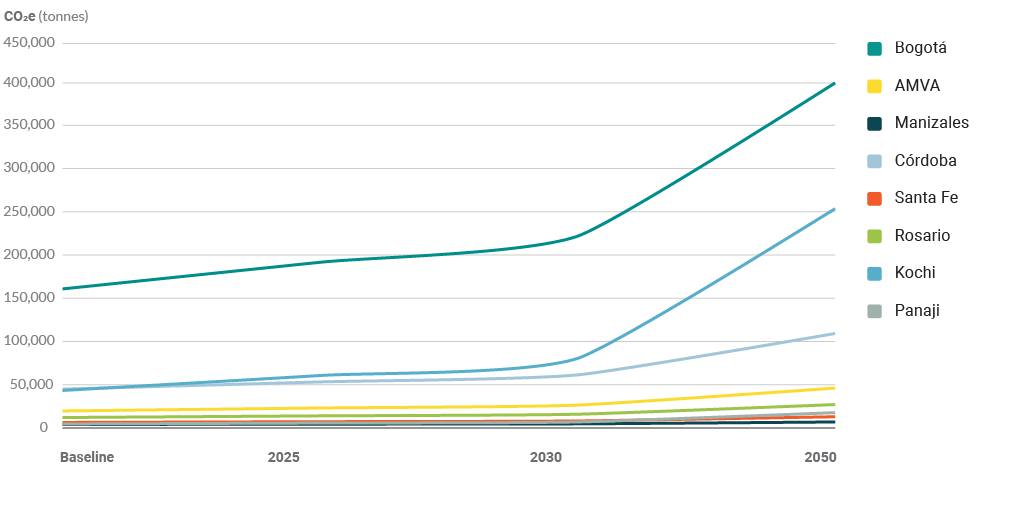This blog was written by Yiqian Zhang, Sustainable Mobility Officer, ICLEI World Secretariat, with contributions from Himanshu Raj, Sustainable Mobility Officer, ICLEI World Secretariat
Urban goods movement makes our economy and quality of life possible. The continued growth in e-commerce is causing tremendous impacts on urban goods delivery systems, e.g. fast deliveries expected by online shoppers exacerbate the demand while ignoring the associated environmental and social costs. This is radically changing consumer behaviors, business models and putting pressure on local governments to rethink how they manage street curb parking and operations for delivery vehicles.
Although the importance of transport data is widely acknowledged by policy decision-makers, issues limiting the collection exist, e.g. the quantity and quality of data, its reliability, time- and cost-intensive process, but above all the use and sharing of freight data (Raj and Vigran, 2020). How could cities leverage the benefits of data and analytics to generate insights to improve urban freight performance, and more importantly, to reach cities’ sustainability goals?
Why do we need freight data sharing?
Reliable and sufficient data enables in-depth analysis for future planning, infrastructure and freight operations. For governments and city planners, the ever-growing digitalization of freight transport offers the potential to generate strategic data to inform freight-related network planning, investment and freight policy, more effectively and cheaper than with traditionally used large-scale sample surveys. For freight service providers, the emergence of new technologies in the supply chain and logistics sectors provides the opportunity to improve delivery operations and improve interoperability between partners. A recent study involving freight data exchange pilot projects in Australia has revealed that a lack of supply chain freight data sharing and standards is causing delivery delays (BITRE and iMOVE Australia, 2020). However, real-time freight data sharing and route optimizations would help the operators to respond to delays more quickly, reduce dwell times and reap the efficiency benefits. A low carbon freight report estimated that the collaboration between operators using shared data platforms can yield cost savings of up to 20% (WBCSD, 2017).





